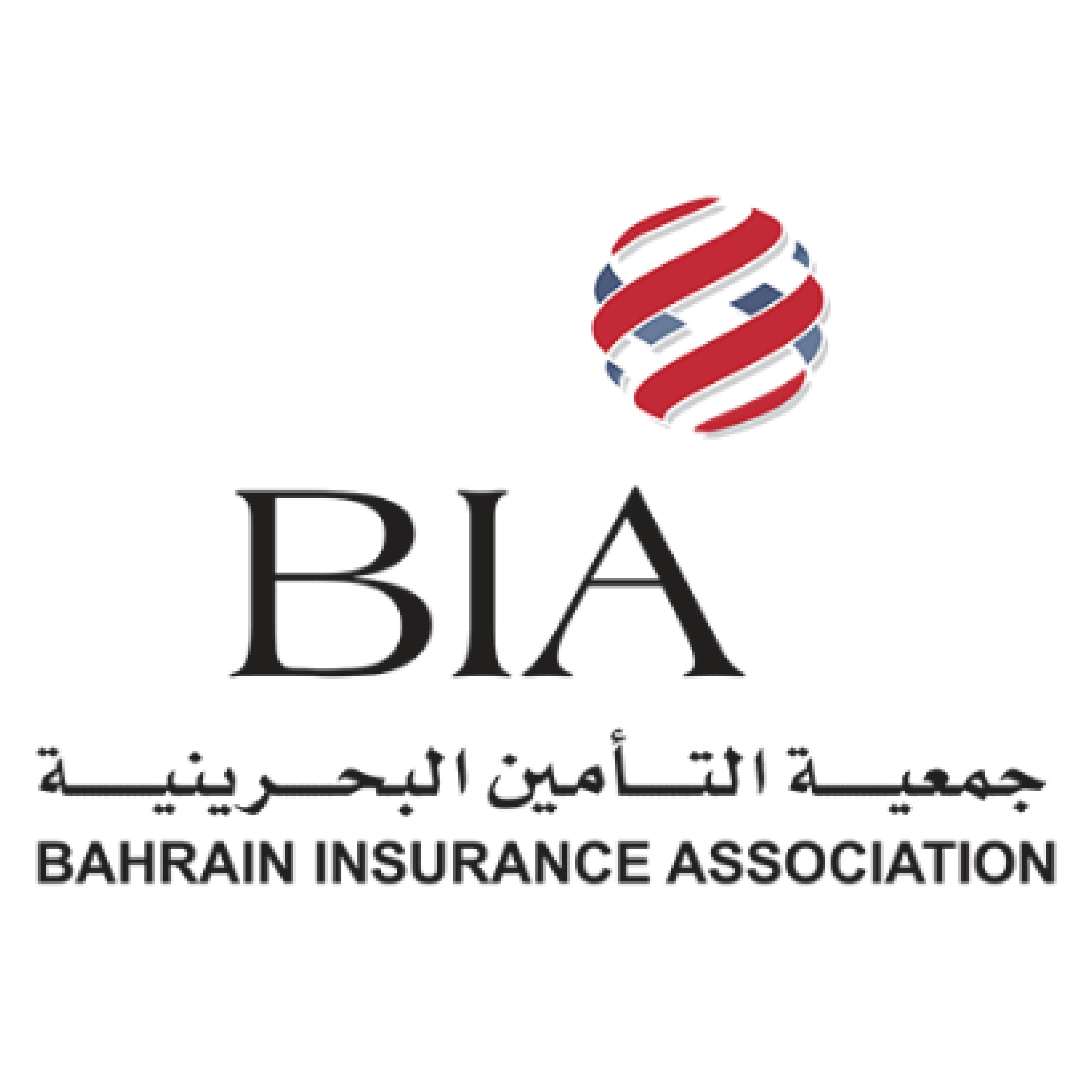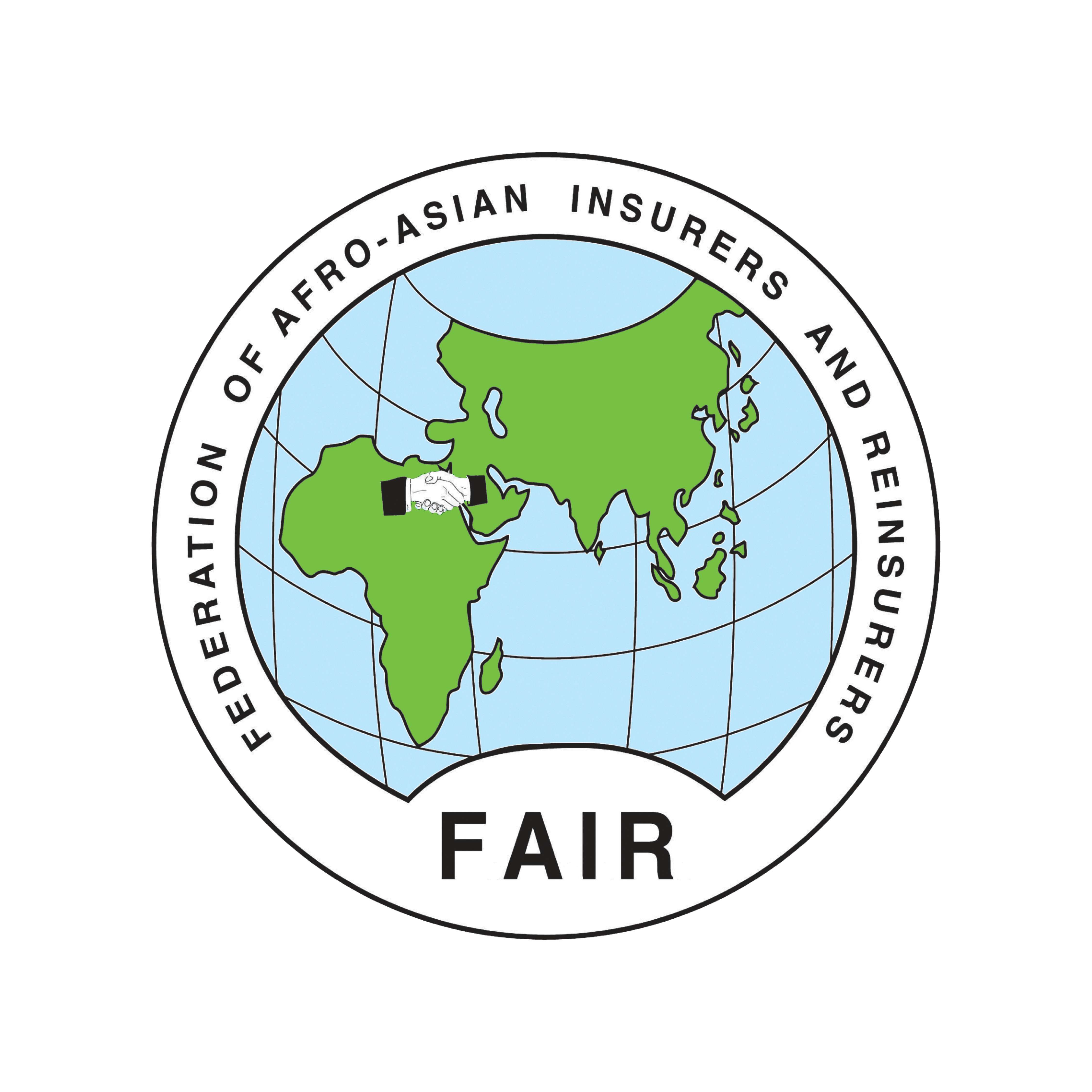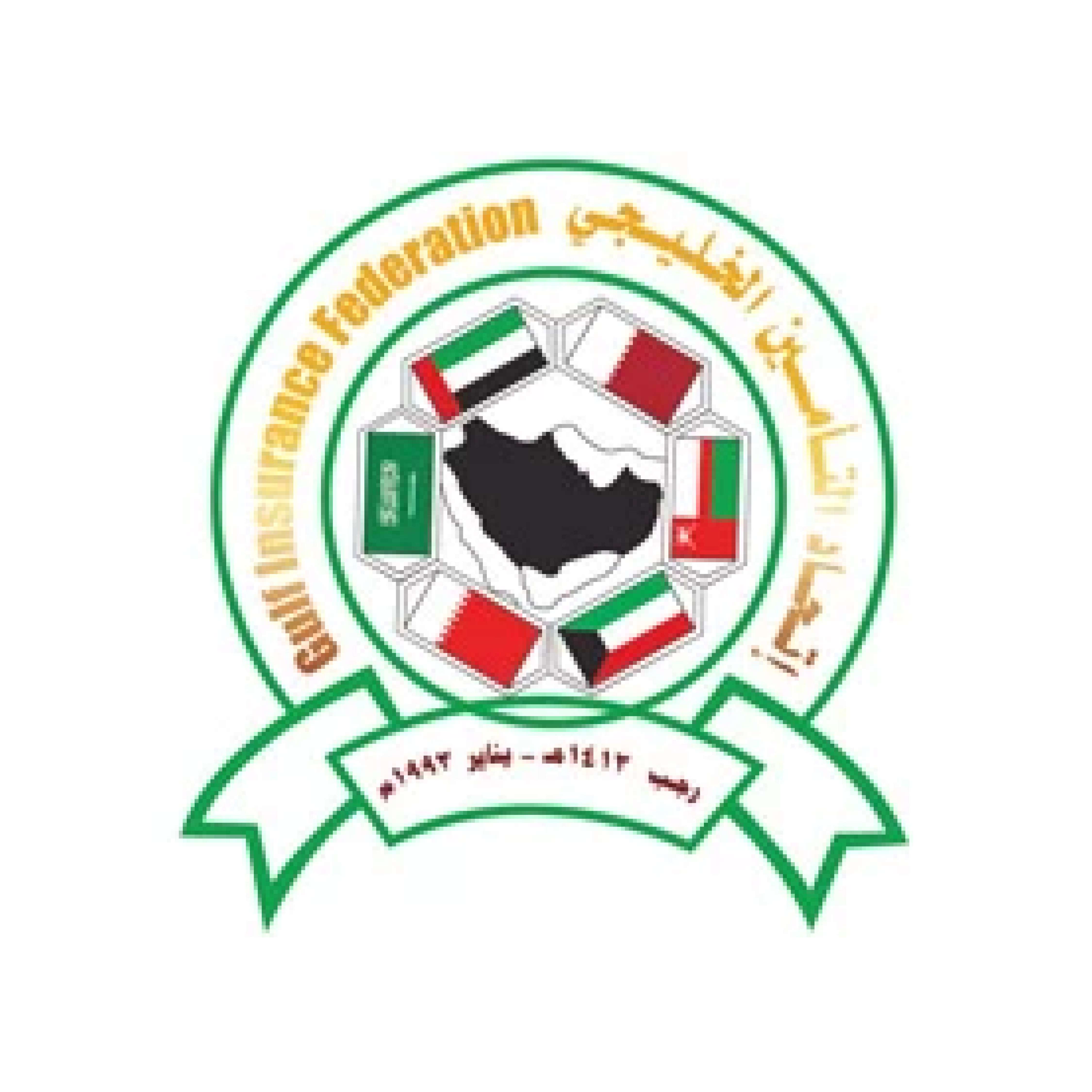The structuring and infrastructure of the health sector and current service models in several Arab countries are nothing like what they used to be 10 to 15 years ago. The most important features of this change lie in how national healthcare systems are financed, and in assigning a larger market share of the health services operations to the private sector, which has grown in giant leaps.
Consequently, health insurance is rapidly growing in the region, playing a critical role both in peoples’ lives as well as in building a vibrant insurance industry. Technology innovation, rise of living costs, and increasing pressures on healthcare systems are making health reforms in the region move at a rapid pace. Health insurers are therefore searching for the optimal model that balances customer satisfaction and provider relationship management while keeping their cost manageable.
Competition in the health insurance market is growing as AI technology advances and the need for customer-orientated systems increase. These factors are leading to constant developments and driving sales.
The Health Insurance Conference (AHIC) brings together national healthcare officials, health actuaries, and VPs, CEOs, Managing Directors, Heads of Operations, Claims Managers from leading insurance companies and hospitals, as well as solution providers, to share evolving, cutting-edge strategies on building national healthcare systems, healthcare forward-thinking and technology-enabled solutions hitting the health insurance industry today.






(Coming soon)
Hosted in Bahrain, the Health Insurance & Insurtech Conference 2026 offers unique and exclusive business networking opportunities with hundreds of high-level insurance, health, hospital and Insurtech executives and specialists from across Bahrain, the GCC markets and wider Middle East & North Africa (MENA) countries.
Click this Sponsorship & Exhibition Brochure to see the entire marketing, branding and business development opportunities on offer at this event.
If your company would like to be a partner or an exhibitor at this conference, please contact events@menamoney.org, ebrahim@menamoney.org
The health protection gap refers to the financial burden faced by households, including uninsured healthcare costs and avoidance of costly medical treatments. The gap is expected to worsen with the trend of increasing longevity and ageing populations. Based on PwC’s Insurance 2025 and Beyond, the global protection gap is estimated to widen to US$1.86tn by 2025. What are the Risks and Opportunities triggering reforms in national healthcare systems? What are the expected Outcomes? What have been the implications for the insurance industry?
The main goals of health-care systems are to improve the health of the population they serve, respond to people’s legitimate expectations, and offer fair financing. Enjoying the highest attainable standard of health is one of the key universal human rights, and the sustainable development goals focus on ensuring health for all.
In the last 100 years or so, citizens in almost all Arab countries benefited from complete health services free of charge. However, in recent years, most of these countries have begun to establish new frameworks for providing and operating their national health sector. Fundamentally, the new arrangements included the shift to new financing models.
The current problems and actuarial forecasts of pressures and costs on public healthcare systems have resulted in establishing mandatory and voluntary healthcare insurance funds and the implementation of the Universal Health Insurance (UHI) in some Arab countries. How are these new schemes rolled out locally and how’s take-up doing? What considerations go in their pricing methodologies? How is the local insurance industry reacting to the increased privatisation of health services? On the other hand, how the implementation of new public insurance scheme will change the performance of morbidity, longevity, the quality of medical services provided by country’s healthcare system.
Health insurance is among the fastest growing industries globally, and the COVID-19 pandemic further accelerated its growth in the past three years. The pandemic has also driven health awareness among consumers and accelerated digital adoption and the evolution of healthcare ecosystems, allowing insurers to reinvent their business models to adapt to the rapidly evolving industry.
The rising demand for health insurance can be attributed to the efforts of the new-age insurers to expand insurance accessibility, enhancing simplicity and transparency. This has led to the adoption of disruptive technologies to stay ahead of the competition, from underwriting to risk analysis, digitalisation has taken over many insurance processes.
Health insurance is a highly regulated business both by insurance and, somehow, health services regulators. Both have their strong regulatory agendas, and both as well as the industry agree that the growing protection gap in health provisions is a concern. Insurers and governments are under pressure to absorb increasing healthcare expenditures.
Demographic changes, in particular increasing life expectancy combined with a declining birth rate, which affect a large number of countries, are among the most important drivers in the health sector’s rising costs. This is even more evident in the field of long-term care and ageing-related diseases. This session will specifically address the size of financial costs and proportional capacity consumed by healthcare for the elderly within national health systems, and how health insurance systems are adapting and coping with these insurance risks.
The world is seeing new models for digital distribution of health insurance in a post-pandemic world. Insurers are increasingly looking at partnerships as a solution to integrate their services into ecosystems and improve customer experience. They are looking to have interventions with customers long before a claim is made, and offering services that integrate into a customer’s lifestyle.
What are the likely risks health insurers could face in their business operations? How do health insurers assess risk, and how is technology changing that? What are they doing about protecting customer data privacy, data management, cyber-security, and governance?
This session will focus on how Data, AI, machine learning and medical wearables are reshaping healthcare management, operations and user experience. Underwriting is significantly revolutionised by AI, analytics, and where dynamic pricing is enabled by automation.
Simply put, health literacy is about how we receive, interpret and act on health information. It’s a life skill, if you like. And because we all need to live a healthy life for us and our loved ones, that life skill is so essential.
Health claims contain a wealth of information that can be turned into valuable insights for insurers. The potential of analytics in this domain goes beyond claims management, helping the industry reduce fraud and make healthcare payments more transparent.
Obesity is one of most significant and fastest growing risks facing entities providing health insurance. Globally, obesity has tripled in just the last 45 years and consistently ranks as one of the top risks of mortality and morbidity. It has also emerged as one of the leading risk factors for severe cases of COVID-19. While the sharply increasing rate of obesity first occurred in wealthier nations, it has now become a global pandemic as public health strategies and other efforts to reverse this trend have largely been ineffective.
The COVID-19 pandemic has brought new challenges for the entire health sector worldwide. Health insurance companies did not have any cover expenses relative to pandemic diseases. They used protective clauses since the risk was too complex as well as high. The pandemic forced some insurers to study future coverages for that hand of risks to estimate the associated costs of medical treatments for future pandemics, using the last COVID outbreak as a good example.
(Coming soon)
No Post Found
Why speak at this conference?
If you’re an expert in any of the session topics published here and have a case study or experience with a certain interesting project, we’d like to hear from you. Please contact events@menamoney.org
(Coming soon)
Book through info@hotela.com or +12 3456 7890

Book through info@hotelb.com or +12 3456 7890

Book through info@hotelc.com or +12 3456 7890

18th floor Nordic Tower,
Building 79, Road 2802,
Block 429, Seef Business Area,
Kingdom of Bahrain.
© Copyright MenaMoney 2024 All Rights Reserved.